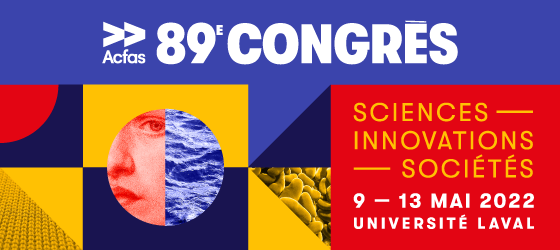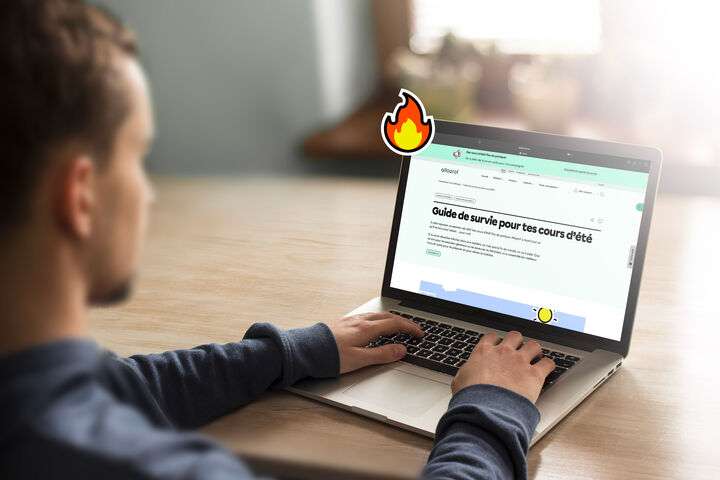Certains enjeux éthiques surgissent lorsqu’il est question d’évaluation à l’aide d’outils numériques en éducation. Le sujet a récemment fait les manchettes alors que des élèves ont pu utiliser le dictionnaire Usito lors de l’examen d’écriture de 5e secondaire. « Et si on commençait par déconstruire le concept d’évaluation? », c’est la question que pose un groupe de chercheurs. Ils en ont récemment discuté dans le cadre du congrès de l’Acfas.
Nicole Monney, professeure à l’Université du Québec à Chicoutimi, est catégorique : « Il faut aujourd’hui réfléchir à l’évaluation autrement. Penser à faire réaliser des productions collectives aux élèves plutôt que de leur faire passer des tests où ils peuvent facilement tricher. Questionner les élèves sur leur démarche de travail plutôt que de jeter un regard sur un résultat final. Bref, il faut déconstruire le concept d’évaluation. Il faut commencer par cela ».
Ce principe est vrai pour l’évaluation en général, mais l’utilisation du numérique force à accélérer la réflexion sur l’évaluation autrement qui est déjà entamée dans certains milieux. « Ce n’est pas l’utilisation du numérique pour l’évaluation qui a introduit des enjeux éthiques. Ceux-ci étaient déjà là », souligne Audrey Raynault, professeure à l’Université Laval.
Elle encourage les enseignants à penser les évaluations pour qu’elles soient interactives et authentiques, « afin de permettre aux élèves de développer des comportements et compétences variés qui leur seront utiles par la suite ». De même, dans une séquence d’apprentissage, elle indique que les élèves devraient avoir au moins trois opportunités de rétroaction avant une évaluation et qu’ils devraient toujours avoir accès à la grille d’évaluation à l’avance.
Les enjeux des outils numériques
L’utilisation du numérique pour l’évaluation a introduit de nouveaux enjeux, autant dans l’évaluation à distance que dans la mise à disposition d’outils numérique en classe (comme les dictionnaires électroniques).
« L’évaluation avec le numérique présuppose la maîtrise de l’outil ou de l’appareil numérique utilisé, mais est-ce toujours vraiment le cas? Les élèves ne doivent pas être pénalisés pour cela », questionne Aristide Sorelle Tsayem Tchoupou, étudiant au doctorat à l’Université Laval qui a effectué une recension d’écrits pour le projet Écran. Il pense aussi à des enjeux d’accessibilité à certains matériels numériques pour des élèves. Par exemple, attention aux images qui bougent à l’écran si vous avez des élèves épileptiques.
D’un autre côté, il reconnaît que l’utilisation d’outils numériques lors de certaines évaluations pourrait donner un avantage à certains élèves. « Les élèves à besoins particuliers, qui utilisent des aides technologiques au quotidien, sont-ils avantagés ou non par rapport aux autres s’ils utilisent leurs outils pour les évaluations? »
Pour Mme Monney, « la façon dont le travail numérique est pensé par l’enseignant devrait permettre de passer par-dessus les enjeux éthiques ». Elle reconnaît néanmoins qu’il reste encore du chemin à parcourir pour y arriver.
« Dans tous les cas, l’évaluation doit être pensée dans un souci de justice, d’inclusion, d’équité, d’égalité des chances », fait valoir Mme Raynault.
En complément : Épreuve unique de français : des élèves avantagés par le dictionnaire numérique?







